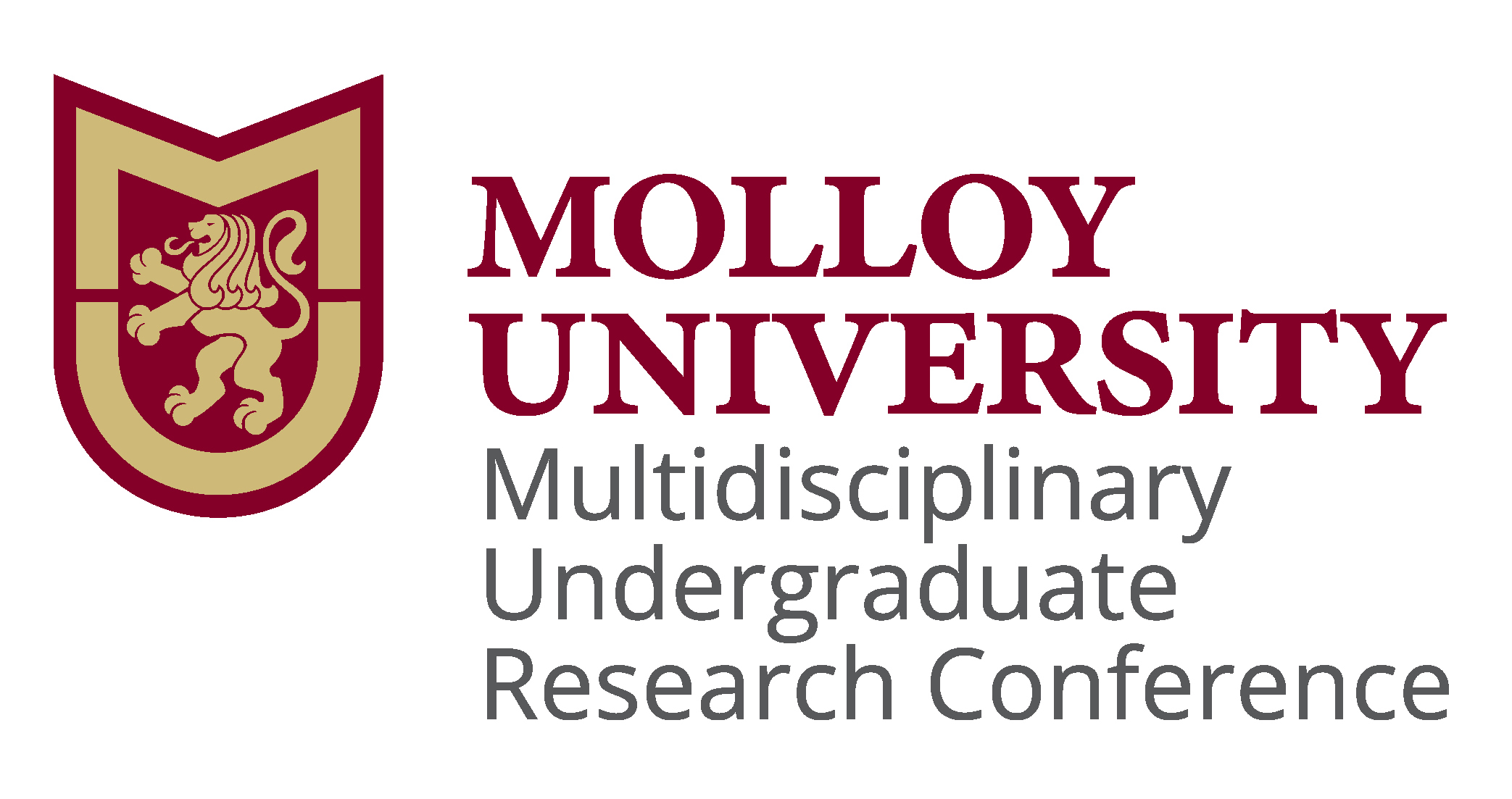Harnessing the power of anti-Inflammatory additives: A journey towards modulating microglial responses
Presenter Major
Biology (Pre-Med)
Presentation Type
Oral
Location
Hays Theatre, Wilbur Arts Building
Start Date
26-4-2024 10:35 AM
End Date
26-4-2024 10:40 AM
Description (Abstract)
Oral presentation
Harnessing the power of anti-Inflammatory additives: A journey towards modulating microglial responses.
Microglia are specialized immune cells in the central nervous system, including the brain. They are essential for maintaining brain health through various functions and are associated with positive outcomes after stroke, and neurogenerative diseases. We embarked on a pilot study to identify whether chamomile, Vitamin B12, Vitamin C, Turmeric, Chai tea, resveratrol, ginger, cinnamon, gliadin, and cranberry extract that could have an anti-inflammatory effect on cultured murine microglial cells. BV2 microglial cells were cultured under normal conditions (5% CO2, 32 C) exposed to each additive for 48hrs, harvested, RNA was extracted, and converted to cDNA, and QPCR was used to identify changes in gene expression compared to a negative control. We used Pathway Commons to identify a list of 6 inflammatory genes to study (MPO, IL1A, PTGS1, PTGES, IL4, and IL10). Cranberry extract, resveratrol, chamomile, and Vitamin B were the top additives that showed reduced expression of inflammatory genes, and increased expression of anti-inflammatory genes. Results from our study can inform which additives to take as preventative measures to reduce neural inflammation.
Keywords
Microglia, inflammation, genes, additives
Related Pillar(s)
Community, Study
Harnessing the power of anti-Inflammatory additives: A journey towards modulating microglial responses
Hays Theatre, Wilbur Arts Building
Oral presentation
Harnessing the power of anti-Inflammatory additives: A journey towards modulating microglial responses.
Microglia are specialized immune cells in the central nervous system, including the brain. They are essential for maintaining brain health through various functions and are associated with positive outcomes after stroke, and neurogenerative diseases. We embarked on a pilot study to identify whether chamomile, Vitamin B12, Vitamin C, Turmeric, Chai tea, resveratrol, ginger, cinnamon, gliadin, and cranberry extract that could have an anti-inflammatory effect on cultured murine microglial cells. BV2 microglial cells were cultured under normal conditions (5% CO2, 32 C) exposed to each additive for 48hrs, harvested, RNA was extracted, and converted to cDNA, and QPCR was used to identify changes in gene expression compared to a negative control. We used Pathway Commons to identify a list of 6 inflammatory genes to study (MPO, IL1A, PTGS1, PTGES, IL4, and IL10). Cranberry extract, resveratrol, chamomile, and Vitamin B were the top additives that showed reduced expression of inflammatory genes, and increased expression of anti-inflammatory genes. Results from our study can inform which additives to take as preventative measures to reduce neural inflammation.



